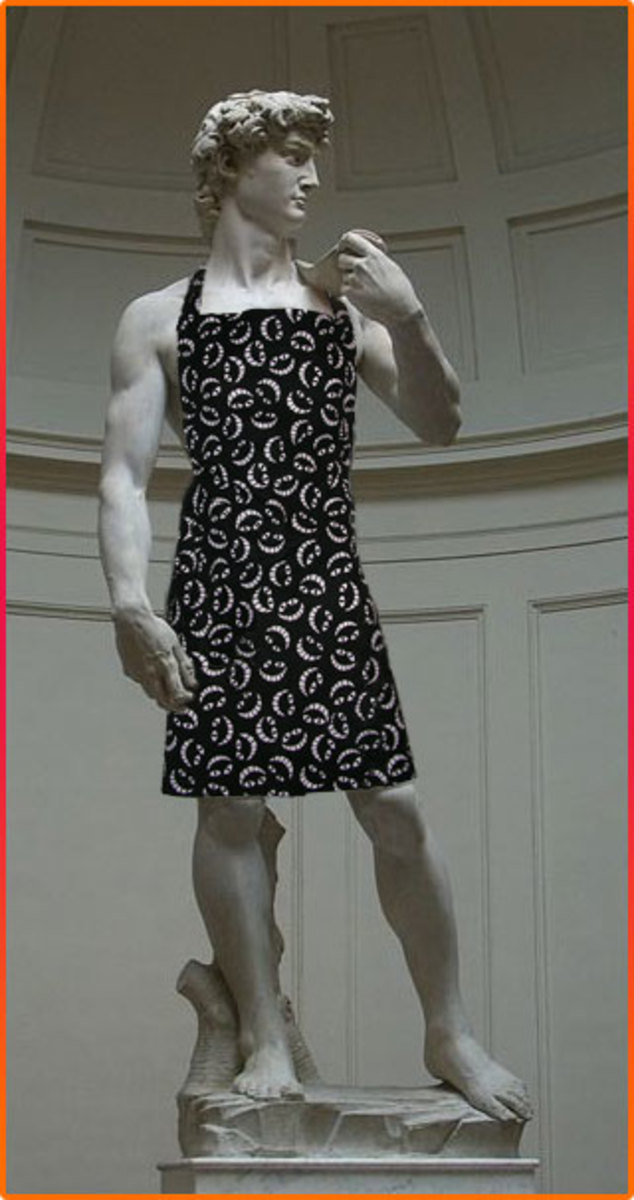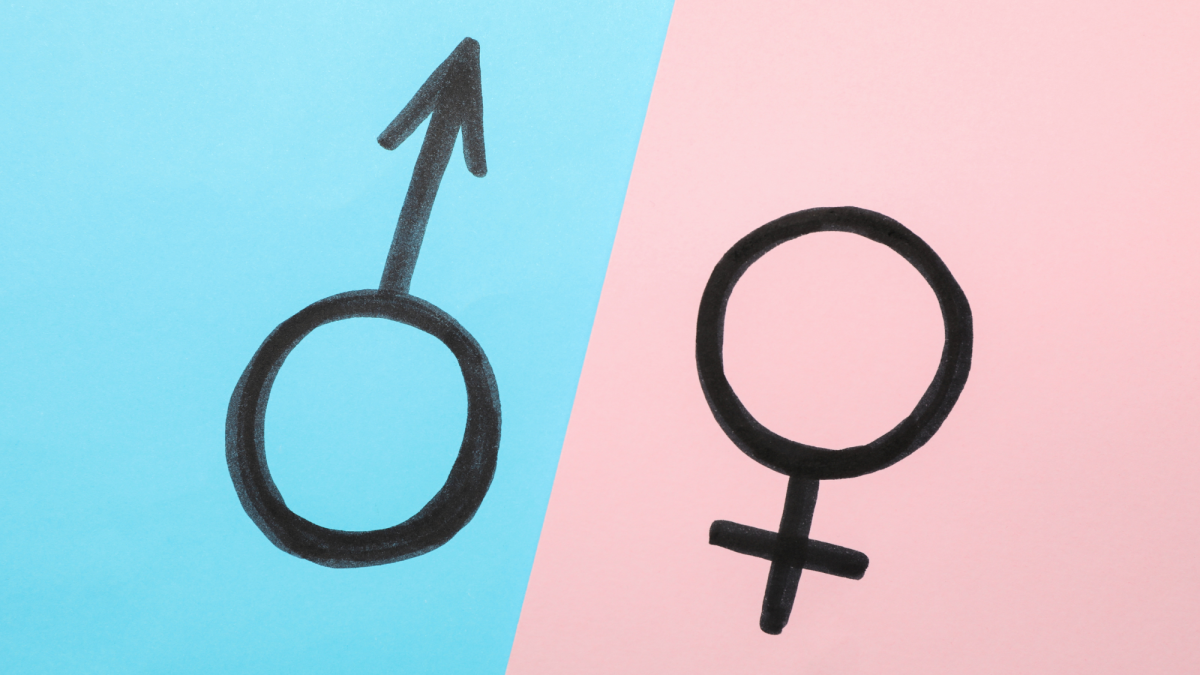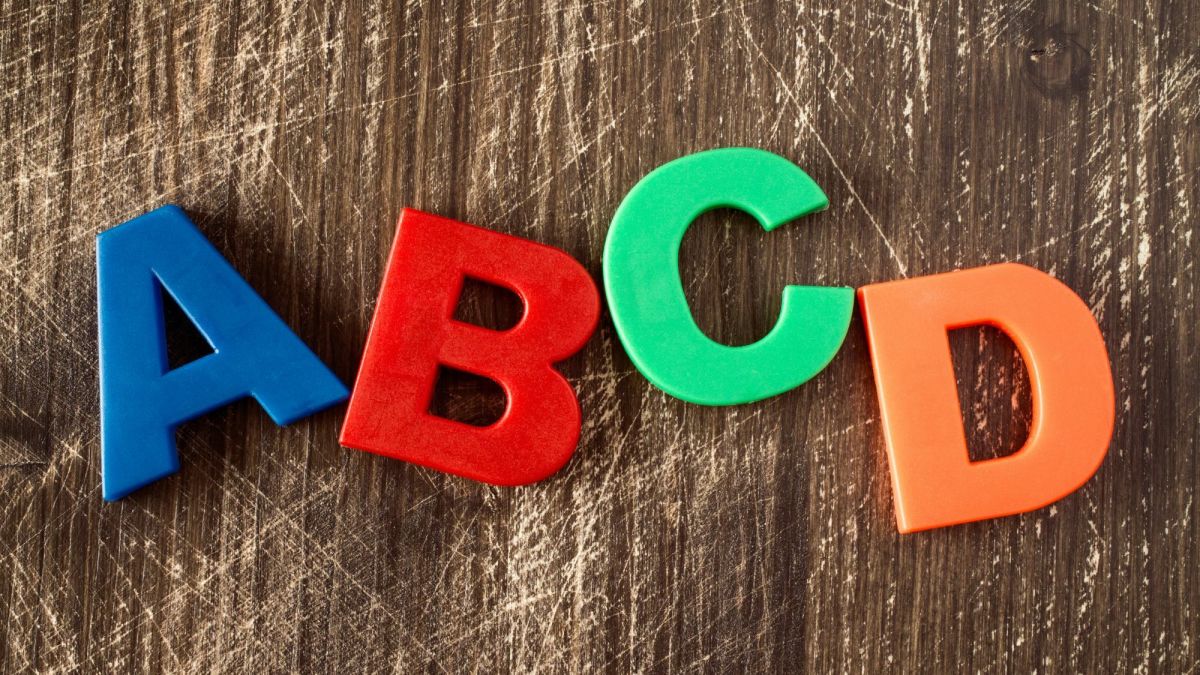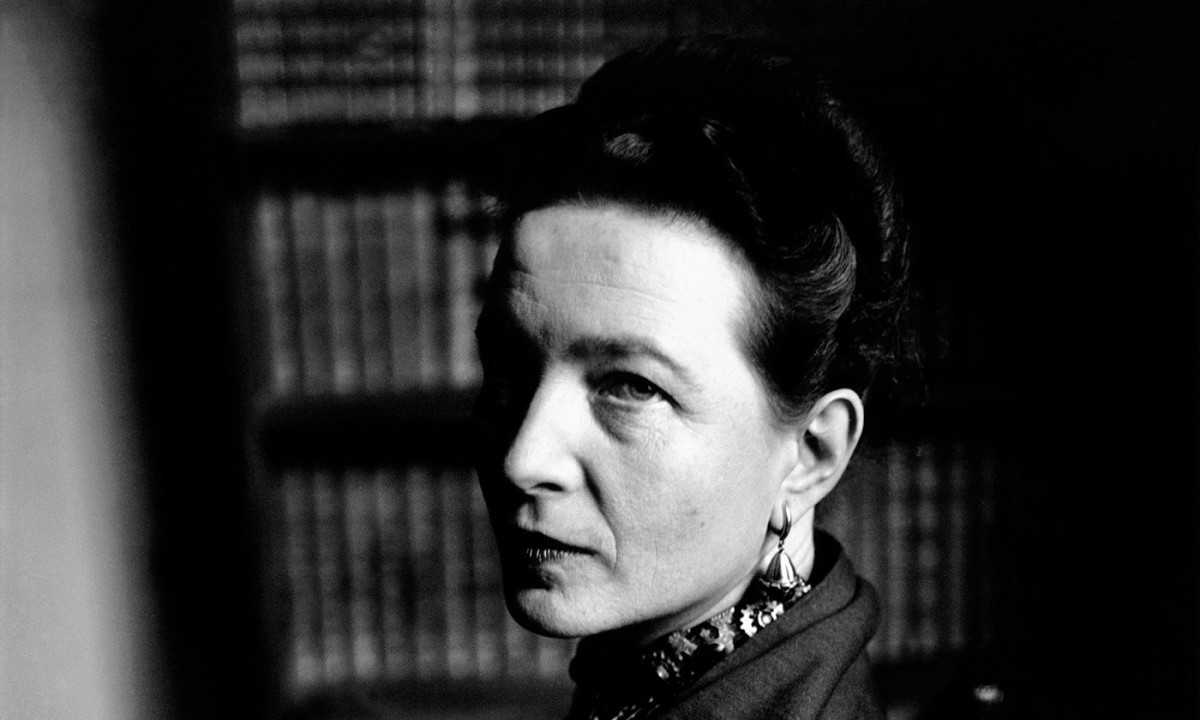If Women Could Grow Beards: Gender Roles in the 21st Century
What are you looking at?
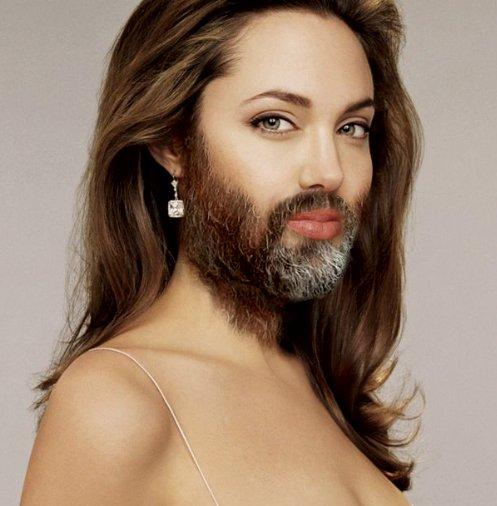
Facial Hair Versus Breasts
Have you ever entertained the idea of how different things could be if men grew breasts and women grew beards? If you have not, briefly pause at this time before you continue to read.
What are the thoughts that first came to your mind? You may have first thought of how silly it would be to see men buying bras and women shampooing and highlighting their beards. I first thought about the idea of women styling their manes, using curlers, and hairsprays, like an extension of their hair. But men, wearing bras? And enhancing their breasts? Pumping iron to increase their breast size, instead of their biceps, it seems absurd. In an example like this, we can clearly define a difference between men and women. It seems strange to consider the alternative, women growing beards, and men buying bras.
This can transcend into so many different discussions. Gender roles are at the forefront of social discussions. If you define it, it literally means a set of social and behavioral norms that are generally appropriate for either a man or a woman in a social and interpersonal relationship. In my example above, there is an obvious difference between what is normal for the man and normal for the woman. We are largely visual people and you can clearly visualize a picture of a woman with a beard or a man with large breasts. It makes you cringe almost, am I right?
There are many differences in opinion as to what observed differences in behavior and personality between genders would be related to such an obvious thing as "Men do this because they are men, and women do that because they are women." Some differences observed in behavior and personality can also be related to the innate personality of a person, cultural/social norms, and the product of socialization. There are far too many variables that impact who we are to reasonably separate the variables from the actual gender differences. Just like women have breasts, imagine if we could apply this to a personality trait. It could be so much easier to be able to say "he did it because he is a man." Easier than saying that he might have done it because of his personality, or how he was raised, or his culture, his religion, or his mood.
The term "gender" is defined as society's expectations about how we should act, look, think, love and so on. The term "gender identity" is how we, ourselves, perceive our gender to be and the way that we express this through behaviors, how we dress, who we date, etc. Gender identity is actually seen in children as young as 3 years old. At 3 years of age, girls and boys differentiate between the other gender and commonly start to say things like, "blue is a boy's color" or "girls don't play with trucks."
Gender Confusion
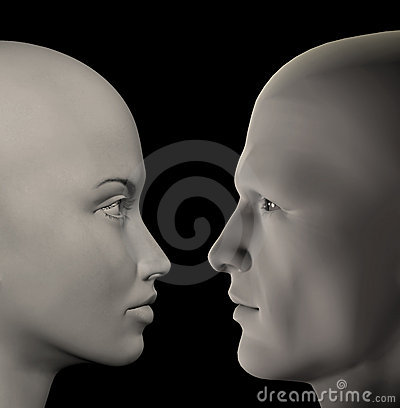
Women Are From Venus
To further a discussion about men and women, we have to talk about the traits that are associated with being a man or being a women. These are the general norms, and are actually easier to define than one would think. I have done some research on Feminism in my practice, and one of my projects was to compile data from hundreds of responders regarding the traits that they viewed as being feminine or masculine. Here are the most common traits of a women, most of these examples are listed here because they were on everyone's list that answered the survey and/or were on a large majority of lists, too many to leave out.
Women are:
- Emotional
- Passive (like to be "taken care of" by their mates)
- Sensitive
- Graceful
- Flirtatious
- Nurturing
- Self-critical, introspective thinking
- Soft, kind, gentle
- Sexually submissive
- Accepting, forgiving
Would your list include some or most of the above characteristics? I found in my research that some of the characteristics listed could be grouped into one large defining role, such as nurturing, which can also mean motherly, giving, encouraging, etc. Women are also commonly referred to as kind, gentle, and soft, I felt it appropriate to group these as one.
Walk Like a Man, in Heels
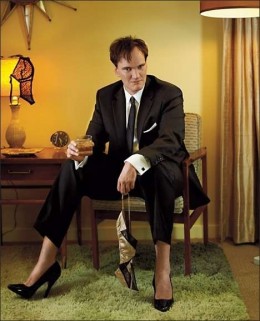
Men Are From Mars
In my research, I also compiled a list of common personality traits for men. As with the women's list, I also grouped some of the men's characteristics into a larger heading. Here are the answers that I came up with for personality characteristics of men.
Men are:
- Independent
- Non-emotional, passive
- Aggressive
- Tough-skinned
- Competitive
- Clumsy
- Experienced
- Strong
- Active
- Self-confident
- Hard
- Sexually aggressive
- Rebellious
Define Me

The Impacts on Society
The lists above defining masculine and feminine qualities will be helpful in my explanation about how complex this issue has become. I don't feel that I, myself, encompass all of the characteristics/traits listed for women. In fact, I take offense to some of them. Both genders are evolving, changing, and norms are being questioned. Finally it's okay for women to have masculine characteristics and men the opposite. Women can be assertive, independent, and driven without being called bitchy or being considered socially awkward.
Clearly, society’s categories for what is masculine and feminine are unrealistic. They may not capture how we truly feel, how we behave, or how we define ourselves. All men have some so-called feminine traits, and all women have some so-called masculine traits. Additionally, we may show these different traits at different times. Our cultures teach women and men to be the opposite of each other in many ways. The truth is that we are more alike than different.
Distorted reflections of myself..
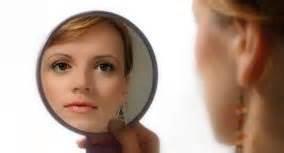
© 2013 Kortney T

